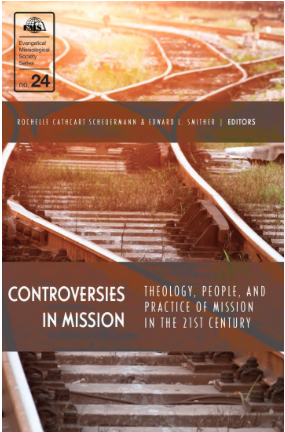posts
 In chapter 3 of Controversies in Mission, Jerry Ireland discusses the tension of evangelism and social action in mission by appealing to the great twentieth-century evangelical thinker Carl F.H. Henry. He writes: The question of how evangelism and social concern relate to one another in the mission of the church has long occupied theologians, pastors, and missiologists. As Carl F. H. Henry once observed, “Perhaps no problem has distressed the modern churches more than determining the legitimacy of claims made upon Christian loyalties by champions of personal evangelism on the one hand and by those who call the church to social involvement on the other. These tensions now vex the church as never before in recent history” (Henry 1972, 3). The evangelical divide over this issue, though not entirely recent, became especially sharpened by the divisions that emerged from the fundamentalist-modernist controversy that peaked in the early decades of the twentieth century. Fundamentalism responded to the human-centered social agenda of liberal theology by mostly withdrawing from cultural engagement and social action. Rather than developing a more biblically balanced response to social issues, fundamentalism instead tended to truncate the gospel’s temporal relevance in favor of an exclusive focus on eternal matters (Henry 2003, 6; Marsden 1987, 4). . . I am deeply convinced that Henry ought to be heard again by a new generation of thinkers and practitioners searching for solid biblical footing. In particular, I am persuaded that Carl Henry’s regenerational model of evangelism and social concern—the focus of this essay—holds forth great promise for an evangelical consensus on an important issue that continues to divide the body of Christ. Learn more about this topic and the book HERE. Comments are closed.
|
Archives
November 2023
|
 RSS Feed
RSS Feed
